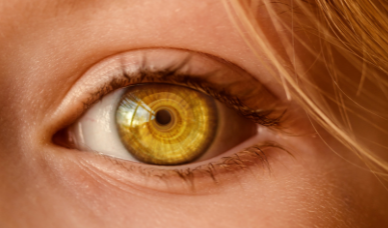
Primary biliary cirrhosis
BioCertica Content TeamPrimary biliary cirrhosis (PBC) is a chronic liver disease that occurs when the small bile ducts in the liver become damaged and inflamed. The damage to these bile ducts can eventually lead to scarring and cirrhosis of the liver, which can result in liver failure.
Cirrhosis is a late-stage liver disease in which most healthy liver tissue is replaced with scar tissue. Thus, it is a state of permanent liver damage. The liver cannot function as it should, leading to serious health declines.
While the exact cause of PBC is unknown, it is believed to be an autoimmune disorder in which the body's immune system attacks the liver cells and bile ducts. Genetics may also play a role in the development of the disease, as certain genetic variations have been linked to an increased risk of developing PBC.
Symptoms of PBC can include fatigue, itching, abdominal pain, and jaundice (yellowing of the skin and eyes). In some cases, the disease may not cause symptoms in the early stages and may only be detected through routine blood tests.
Diagnosis of PBC typically involves blood tests, imaging studies, and a liver biopsy to confirm the presence of the disease and assess the degree of liver damage. Treatment options include medications to slow the progression of the disease and manage symptoms, as well as liver transplantation in severe cases.
Early diagnosis and treatment of PBC can help prevent complications and improve outcomes. If you experience any symptoms associated with PBC, it's important to seek medical attention as soon as they arise. If you know you have a genetic predisposition for PBC, routine blood tests can greatly extend your health and life.
Interested in trying the BioCertica DNA Autoimmune kit? Click here and add Autoimmune Diseases to your cart for only R1699.
If you own any other BioCertica DNA kit, you can instantly unlock your Autoimmune Disease results for only R659* in-app.
*Terms and conditions apply: Pharmacogenetics results are R1999 in-app.



